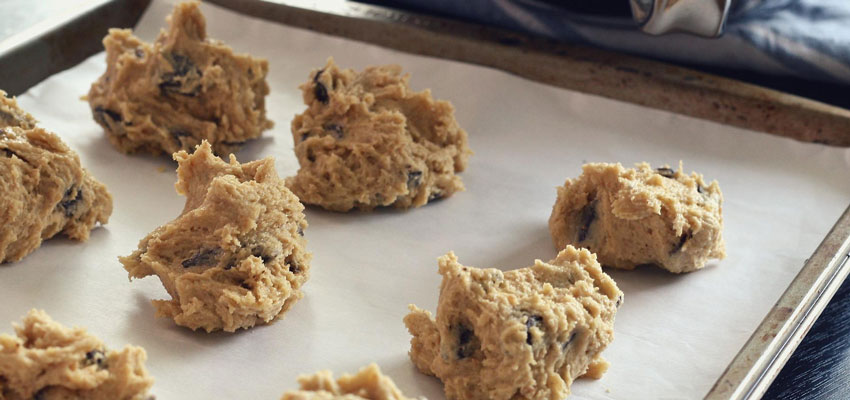Reports about shiga-toxin-forming E. coli (STEC) in flour or raw dough have been circulating for some time. The Federal Office for Risk Assessment (BfR) published its own assessment at the beginning of July.
Evaluations of the nationwide monitoring plan showed that a not inconsiderable proportion of flour samples examined were indeed contaminated with STEC. Reports of infections after eating raw dough from the USA and Canada pointed to a problem that had received little attention so far. The BfR therefore carried out a current risk assessment and came to the following conclusions:
- Only small amounts of the bacterium were detected in the flour samples.
- In Europe, no cases of illness have so far been traced back to flour/crude dough.
- Heating (baking, cooking) effectively kills the STEC pathogens.
Shigatoxin-producing Eschericia coli bacteria can cause life-threatening infectious diseases. The routes of entry into flour have not yet been adequately clarified. There is a risk of infection, especially for people with immune deficiencies and small children, when eating dough produced in the household, if kitchen hygiene rules are not observed, but also when snacking on ready-made dough.
In the case of flour, careful and representative sampling is an indispensable prerequisite for the validity of the analytical findings. Bacteria, as well as fungi, are usually not evenly distributed in flour.
YOUR PLUS: STEC pathogens can be reliably detected in the laboratory. AGROLAB naturally offers these analyses in all food laboratories.
Link:
Author: Dr. Frank Mörsberger

 Contact
Contact

 Contact
Contact Career
Career